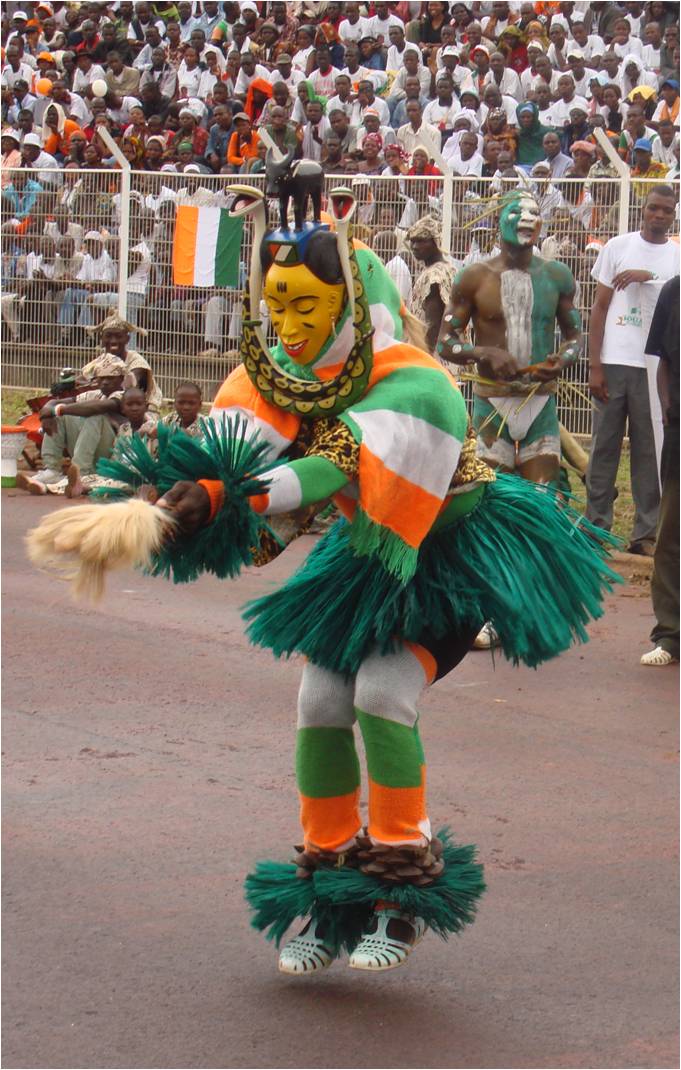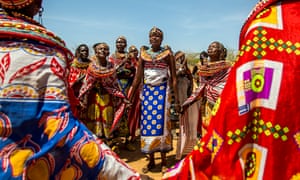n·kon·di [en-KAHN-dee]:origin: [1512] Kongo, -konda= to hunt, nkondi= hunter.nounOh, we've all been there, so fed up with someone, or so certain they brought nothing good into our lives, that we wished them ill. We've all also probably heard of a "voodoo doll" (sometimes used to handle such matters). But did you know where the tradition stemmed from?
Shaped by The Kongo people of Western Africa, nkondi are the Klingons of nkisi (or minkisis) = a type of "enchanted" statue; therefore, referred to more formally as nkisi nkondi. One look at their haunting and spiked "nail fetish" figures, frequently glaring and with arms raised, would make that clear. The sight and feel of an Nkondi idol makes it possible to believe they indeed possess an empowered spirit -- as the Kongo religion describes -- one that will protect and
hunt down the malevolent individuals, summoned by the striking of a nail into its surface and the uttering of a particular chant.
If used for selfish reasons or gain, this action is considered wicked, however summoning spirits to harm others through a curse, bad luck, accidents, or sickness to
protect...is considered acceptable witchcraft. Some being used to protect entire villages! They can also be used to eradicate illness, find criminals, and ensure people keep their sworn word.
In the 1500s, missionary records did not reflect the use of nails in these figurines -- instead they were banged together -- but it's speculated that images of Christ nailed to the cross, and saints with arrows through them, may have lead the way to new ideas.







